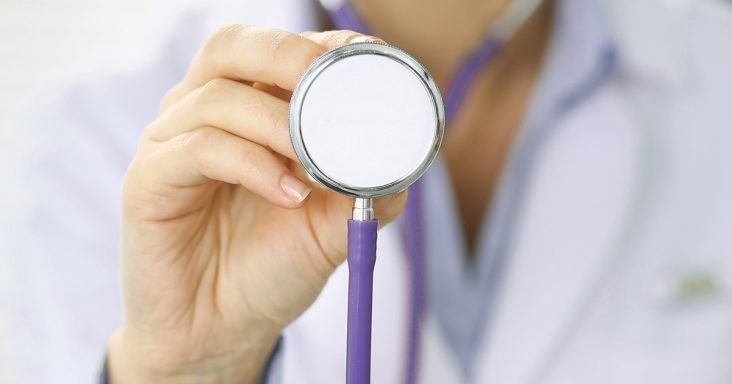Medicaid’s future looms with health care, budget ramifications for legislators, new governor
by January 15, 2023 3:35 pm 2,171 views

Big factors affecting Arkansas’ Medicaid program loom in the near future. This legislative session will require clear healthcare and fiscal policy direction from Gov. Sarah Sanders and the new GOP supermajority at the state capitol.
Sen. Missy Irvin, R-Mountain View, the chair of the Senate Public Health Committee, discussed those ramifications in an appearance on this week’s Capitol View program.
For starters, the state’s health care system is fragile right now. Many hospitals, particularly in rural parts of the state, are in critical condition as pandemic funds are drying up, but personnel and supply costs remain extraordinarily costly. Federal Medicare and Medicaid reimbursement rates have remained unchanged for years, to the point that hospital administrators contend Congress has to approve higher rates in order to keep up with inflation and decades of increased costs or else they will have no choice but to close.
“We [the state] can change the Medicaid rates, but not very much,” Irvin said. “There has been a rate review that [former] Gov. Hutchinson put in place by executive order, but that has been systematic, and we have made some changes there. But generally, those are very tied in and locked in.”
This spring, the end of the COVID-19 pandemic emergency declaration will signal a shift in a policy move that previously allowed states to add Medicaid recipients automatically. Arkansas (and other states) will “unwind” continuous Medicaid enrollment. That move is expected to substantially decrease the Medicaid rolls of more than one million citizens. It will also reduce the federal matching rate for Medicaid in Arkansas.
“We operate in Medicaid under the FMAP, which is a Federal Medical Assistance Program. And so that split between state share, state revenue, and federal revenue is about 70/30 – 70% fed, 30% state,” Irvin said. “Because of the public health emergency, that [fed contribution] has risen to about 77.51%. And so every 1% swing is about $65 million in state general revenue. So you can see that we’re actually saving a lot of money because the federal government is picking up more of the tab. That lessens the reliance on state revenue. But once the public health emergency is over, that swing goes back to that 70/30% split versus the 77% we’re getting now. So that has lots of ramifications fiscally for how we enroll that and unwind that.”
Irvin said that of more than one million Arkansans enrolled in Medicaid, roughly 477,000 are children. Lawmakers will have to determine the health policy side of where legitimate enrollees are steered and the fiscal impact. From the math shared by Irvin, the state could be looking at hundreds of millions of dollars from general revenue.
Medicaid expansion – formerly the private option and Arkansas Works, but now titled AR Home after changes made in the 2021 legislative session – will be another major health care and funding hurdle in the 94th Arkansas General Assembly. Irvin said she has not had as much dialogue with Gov. Sanders on this issue due to the new governor’s focus on education and criminal justice reform. Sanders has not staked out a firm position for or against the current Medicaid expansion program.
But Medicaid expansion will need a three-fourths vote in both chambers to be funded. It has historically been folded into the Department of Human Services’ overall budget, but lawmakers and former Gov. Asa Hutchinson always needed multiple attempts to get 75% passage.
Irvin said AR Home has been “thoughtful, intentional” and is improving health outcomes.
“It’s the health care policy that was lacking all this time to really improve health outcomes. If we’re not approving health outcomes, then we really need to change gears and shift it up and change it,” she said.
Irvin said pieces of the overhauled Medicaid expansion program are helping younger mothers and children, veterans and those in foster homes. Undoing AR Home will leave massive holes in health care coverage across the state.
While healthcare services and coverage are the important goal, the fiscal impact of discarding or undoing the AR Home Medicaid expansion program could leave a billion-dollar hole in the state budget. With traditional Medicaid federal funding set to return from the pandemic level of 77% to 70%, Medicaid expansion, under the Affordable Care Act, picks up 90% of the healthcare tab, with Arkansas paying the remaining 10%. A reversal or shutdown of that program to traditional Medicaid could drop the federal contribution to the 70% level.
“It all works together,” Irvin said.
You can watch Sen. Irvin’s full interview in the video below.
